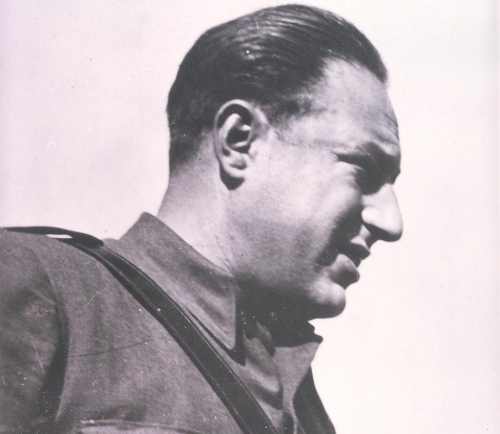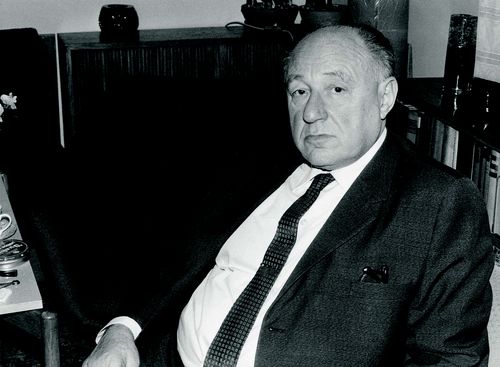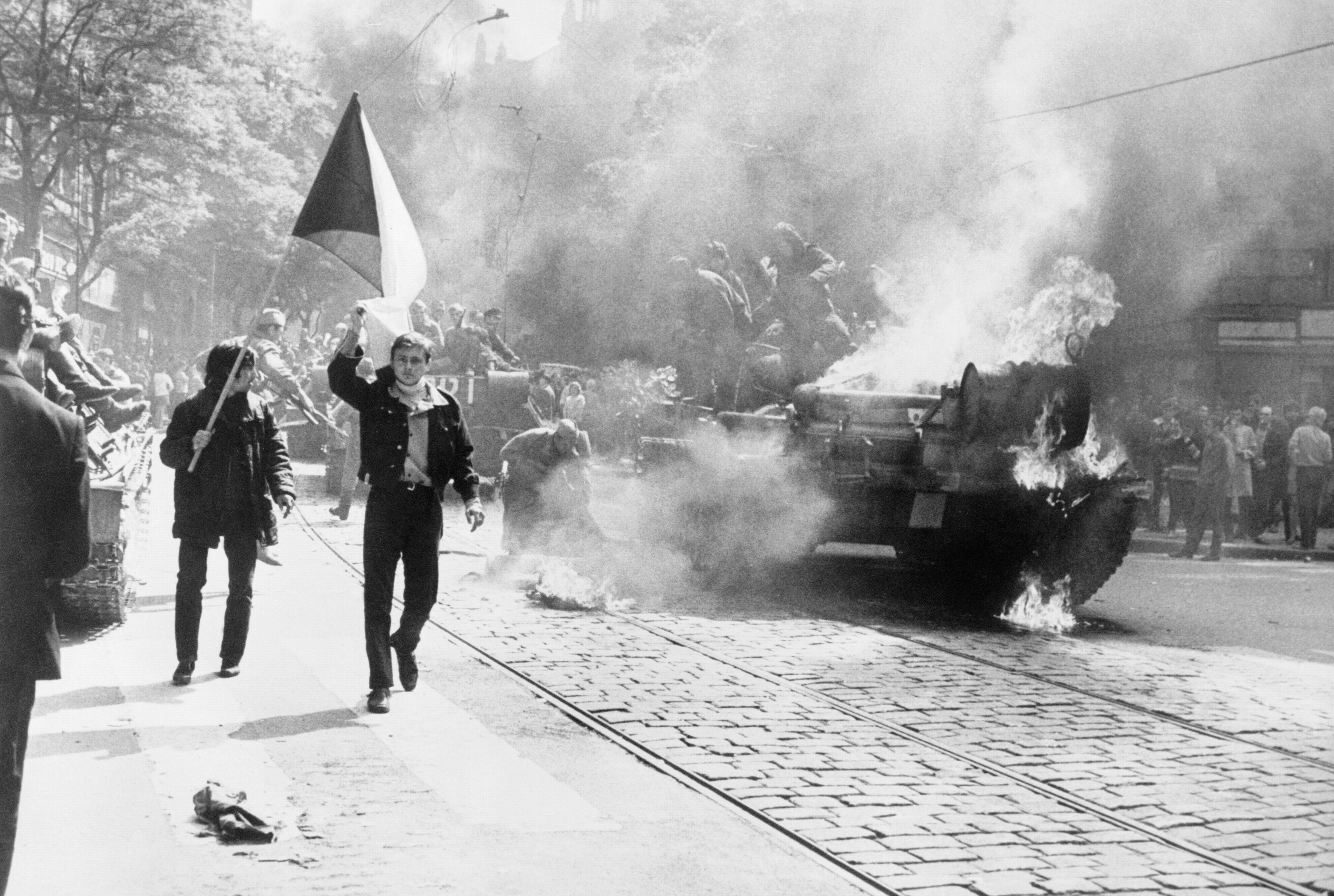
Warsaw Pact occupation of Czechoslovakia [1968]


F. Kriegel - politician who saved the Czechoslovak honor (1)

F. Kriegel - politician who saved the Czechoslovak honor (2)

F. Kriegel - politician who saved the Czechoslovak honor (3)

Geopolitical aspects of Soviet aggression against Czechoslovakia in August 1968

Geopolitical aspects of Soviet aggression against Czechoslovakia in August 1968 - 1. Introduction

Geopolitical aspects of Soviet aggression against Czechoslovakia in August 1968 - 2. Theoretical foundations of the Soviet military

Geopolitical aspects of Soviet aggression against Czechoslovakia in August 1968 - 3rd Soviet Army in the 1960s
The dissertation focuses on the general context of the aggressive action of the five armies of the Warsaw Pact Organization towards Czechoslovakia in August 1968. Unlike historiographies of generally favored ideological contradictions, it seeks explanation of the whole event in the basic aspects of promoting the superpower interests of the Soviet Union, especially in the military-strategic field. However, the problem with processing is the lack of primary information sources, which are still subject to the strictest secrecy. In contrast, information is available, including theoretical analyzes of doctrinal issues in the professional press. Above all, however, it is possible to use information on the practical implementation of organizational and conceptual guidelines, which were based on doctrinal and strategic concepts. Due to the close interconnectedness of the armed forces of the Warsaw Pact Organization, the basic outlines of Soviet strategic concepts can also be observed from their application in Czechoslovak conditions. Given the apparent continuity of Soviet foreign and military policy from the 1930s to the 1980s, geopolitical aspects of active Soviet involvement on the international stage could be defined. The Soviet political and military leadership, regardless of the ideological rejection of the terms "geopolitics" or "life interests," was in principle guided by them. The work thus shows the significant interconnectedness of Soviet superpower ambitions, especially with the European, Mediterranean and Middle Eastern space.

Geopolitical aspects of Soviet aggression against Czechoslovakia in August 1968 - 4. Organization of the Warsaw Pact

Geopolitical aspects of Soviet aggression against Czechoslovakia in August 1968 - 5. Soviet interests and geopolitics

Geopolitical aspects of Soviet aggression against Czechoslovakia in August 1968 - 6. Conclusion

Geopolitical aspects of Soviet aggression against Czechoslovakia in August 1968 - 7. Information sources

How the Kremlin decided on the invasion of troops into Czechoslovakia
On the night of August 20-21, 1968, Czechoslovakia was occupied by the armies of the five Warsaw Pact countries, the decision to intervene having been made by the collective party leadership of the Soviet Union a few days before the invasion. The supporters of a solution by force in the Kremlin eventually convinced the undecided members of the Politburo and the armies moved in on their instructions.

The one who didn't sign

Battles
Join us
We believe that there are people with different interests and experiences who could contribute their knowledge and ideas. If you love military history and have experience in historical research, writing articles, editing text, moderating, creating images, graphics or videos, or simply have a desire to contribute to our unique system, you can join us and help us create content that will be interesting and beneficial to other readers.
Find out more